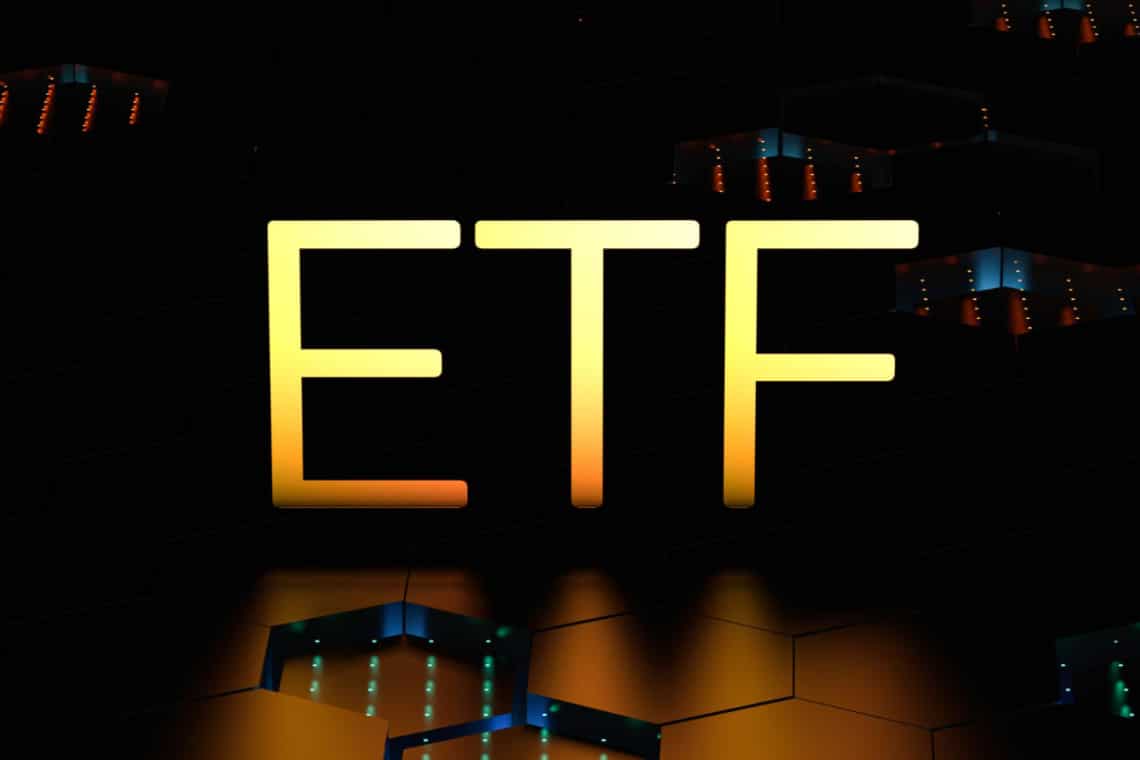The Securities and Exchange Commission (SEC) has once again come under fire for its inaction in approving an exchange-traded fund (ETF) on Bitcoin.
Cameron Winklevoss, co-founder of Gemini, a leading cryptocurrency exchange, criticized the SEC for failing to approve an application for an ETF on Bitcoin filed a decade ago.
Summary
10 years ago, the Winklevosses submitted an application for an ETF on Bitcoin, but the SEC rejected it
In July 2013, the Winklevoss twins filed an application for a trust similar to a Bitcoin ETF, with the goal of creating an investment vehicle that would track the price of Bitcoin and trade similarly to stocks on exchanges such as the Nasdaq. However, the SEC rejected the initial filing and a second attempt in 2018.
While futures-based Bitcoin ETFs have received the green light from regulators in the United States, the SEC argues that the proposed spot ETF arrangements do not adequately protect investors from fraudulent and manipulative acts and practices.
On the 10th anniversary of their first filing, Cameron Winklevoss expressed frustration with the SEC’s lack of progress and accused the agency of being a failed regulator.
He pointed out that every other application for spot Bitcoin ETFs has also been stifled, stressing that the SEC’s refusal to approve these products has been a disaster for US investors.
Winklevoss criticized the SEC for effectively cutting off investors from what he sees as the best investment opportunity of the past decade: Bitcoin.
He believes the agency’s reluctance to approve spot Bitcoin ETFs demonstrates its inability to adapt to the changing financial landscape and stifles innovation in the cryptocurrency market.
Gemini founders’ criticism of the Security and Exchange Commission (SEC)
Despite the SEC’s rejection of spot Bitcoin ETFs, there has been growing interest in these investment vehicles. Recent lawsuits filed by the SEC against major cryptocurrency exchanges Binance and Coinbase shook up the cryptocurrency market.
However, shortly thereafter BlackRock and Fidelity filed applications to create spot Bitcoin ETFs, sparking renewed optimism. Unfortunately, the SEC felt that these applications lacked clarity and completeness.
According to Winklevoss, the absence of spot Bitcoin ETF options has pushed US investors toward Grayscale’s Bitcoin Trust, which currently trades at a discount to its Bitcoin holdings due to the inability of shareholders to redeem their shares.
Winklevoss calls the product “toxic,” but does not say that converting the Grayscale Bitcoin Trust to an ETF would solve the discount problem. Grayscale is currently suing the SEC over repeated denials to make this conversion.
Beyond the SEC: an endless debate over Bitcoin ETFs
Winklevoss is not alone in criticizing the SEC. Many critics argue that SEC Chairman Gary Gensler‘s approach is pushing innovation overseas and leaving US investors exposed to unlicensed and unregulated venues.
The co-founder of Gemini argues that the SEC’s inaction has forced investors to turn to platforms such as FTX, which has been implicated in a major financial fraud case.
The debate over the approval of spot Bitcoin ETFs continues to highlight the challenges and complexities facing regulators in the evolving cryptocurrency market.
While some argue that the SEC’s cautious approach is necessary to protect investors from potential fraudulent activity, others believe it hinders innovation and prevents US investors from accessing promising new investment opportunities.
The criticisms of the SEC by Cameron Winklevoss are not unwarranted. The agency’s reluctance to approve spot Bitcoin ETFs has caused US investors to miss opportunities to participate in Bitcoin’s significant growth over the past decade.
As the crypto ecosystem has gained public attention and acceptance, many investors have sought out regulated investment vehicles to gain exposure to Bitcoin’s potential upside.
However, there is merit in considering that the SEC’s inaction on Bitcoin ETFs has forced investors to explore alternative options, often turning to unregulated platforms or investment funds with limited redemption options.
Conclusions
The SEC’s concerns about protecting investors from fraudulent and manipulative acts and practices are valid. The agency’s role is to ensure the integrity of financial markets and safeguard the interests of investors.
However, the distinction between futures-based ETFs and spot ETFs raises questions about the SEC’s underlying concerns. Even though futures-based ETFs may provide a level of protection to investors, they are indirect derivatives that do not offer the same level of transparency and price monitoring as spot ETFs.
Cameron Winklevoss’ call for the SEC to reflect on its actions and focus on its core responsibilities is a reminder that regulatory agencies play a crucial role in shaping the future of the financial industry.
It is up to regulators to strike the right balance between promoting innovation and safeguarding investors’ interests in the rapidly evolving cryptocurrency landscape.
Only through open dialogue, collaboration and a willingness to adapt can regulators effectively navigate the complexities of this new era of digital finance.




